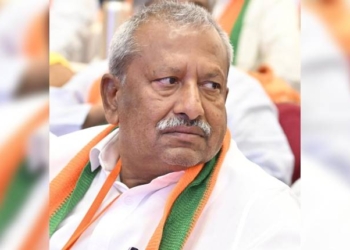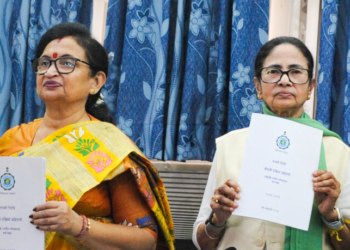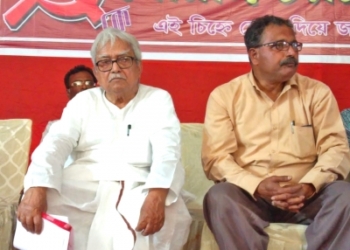New Delhi: The Supreme Court collegium, headed by CJI D.Y. Chandrachud, on Wednesday recommended appointments of Telangana High Court’s Chief Justice Ujjal Bhuyan and his Kerala counterpart, Chief Justice S. Venkatanarayana Bhatti as apex court judges.
The Supreme Court, which has a sanctioned strength of 34 judges, is presently functioning with a strength of 31 after the retirement of three judges during the summer break.
The Collegium said that it took factors like seniority, merit, performance, integrity, gender diversity, representation of minorities and backward sections of society, etc. while making recommendations for appointment to the top court.
Justice Bhuyan was appointed as a judge of the Gauhati High Court in 2011. He is the senior-most judge of his parent High Court and is presently serving as Chief Justice of the High Court of Telangana since June 28, 2022.
“During his long tenure as a judge of the High Court, Mr Justice Bhuyan has acquired significant experience in diverse fields of law. He has acquired specialisation and domain knowledge in the law of taxation. He has also served as a judge of the Bombay High Court dealing with a wide spectrum of cases including taxation. His judgments cover wide ranging issues pertaining to law and justice,” the collegium said.
Justice Bhatti, the present Chief Justice of the Kerala High Court, was appointed as a Judge of the Andhra Pradesh High Court in 2013 and is the senior most in his parent High Court.
“The High Court of Andhra Pradesh does not have any representation on the Bench of the Supreme Court since August 2022,” said SC Collegium while recommending his name.
“Mr Justice Bhatti has acquired considerable experience in various branches of law. The judgments authored by him dealing with issues in various branches of law stand testimony to his legal acumen and competence,” it added.
“Judgments authored by those falling in the zone of consideration for elevation to the Supreme Court were circulated among the members of the Collegium, well in advance, for a meaningful discussion on and assessment of their judicial acumen,” read the statement published by the SC Collegium on its official website.
(IANS)













